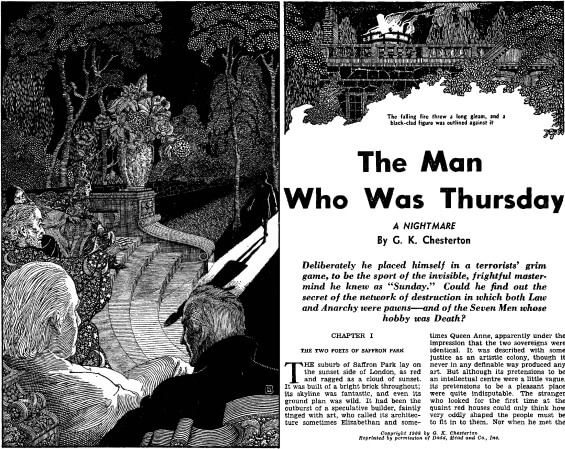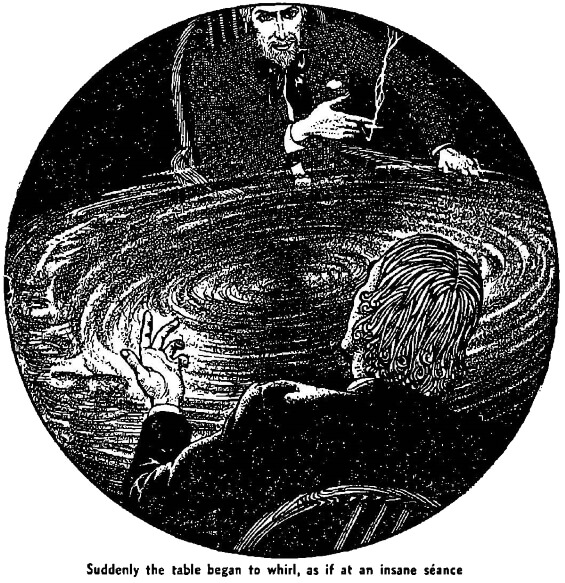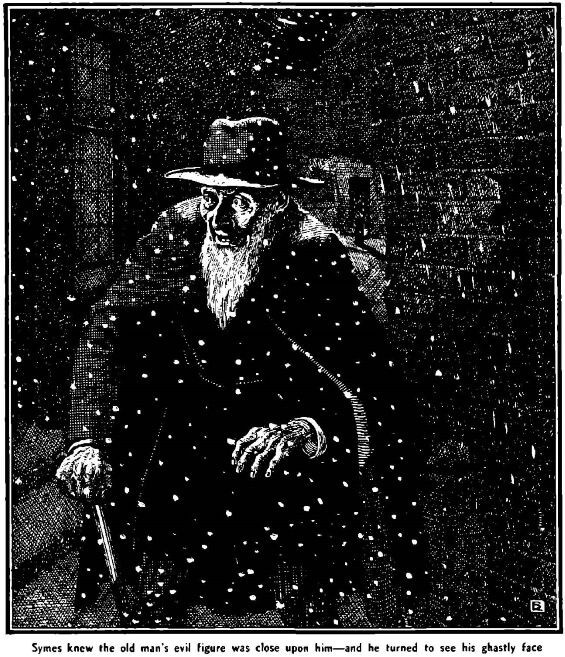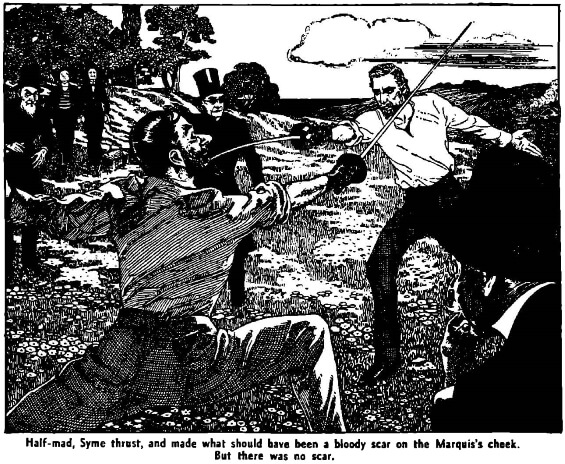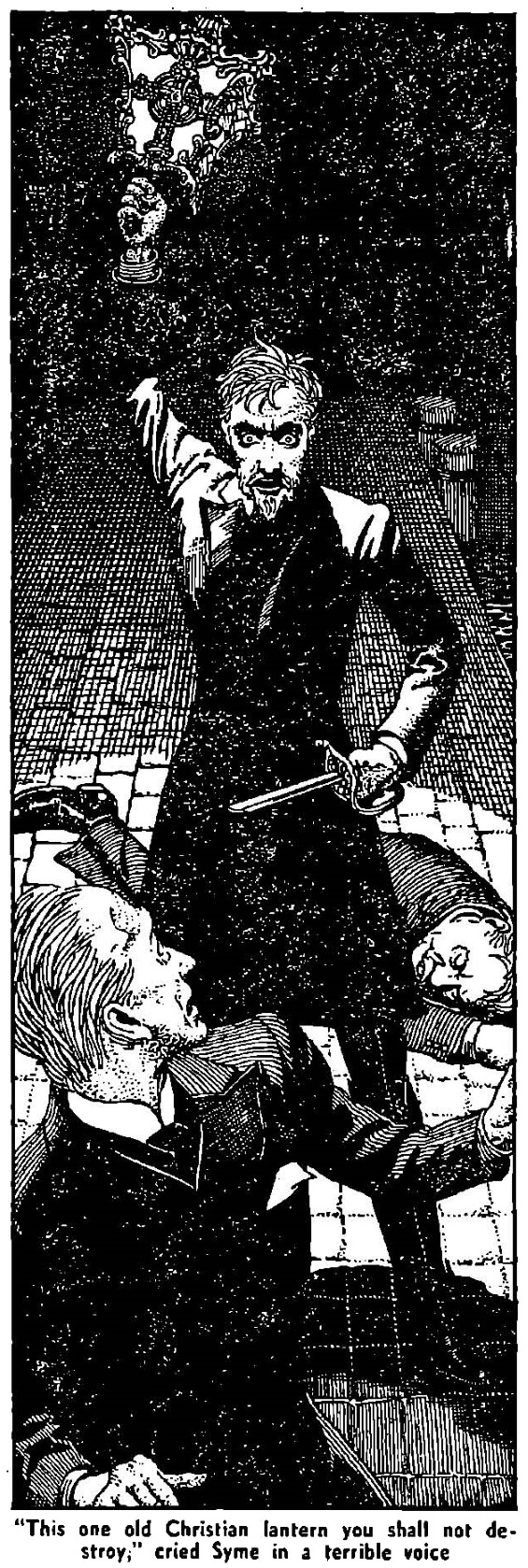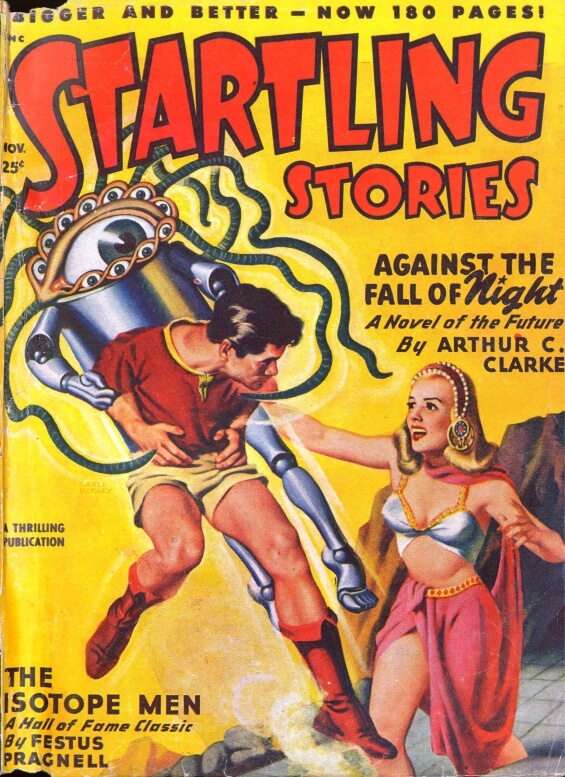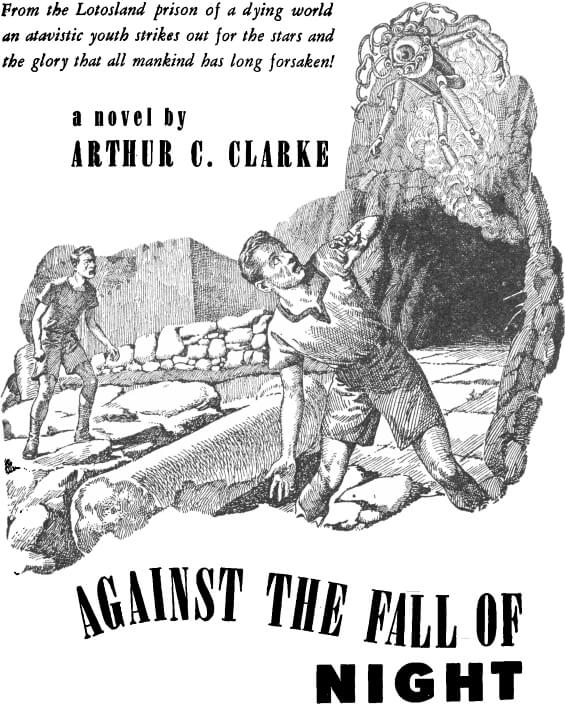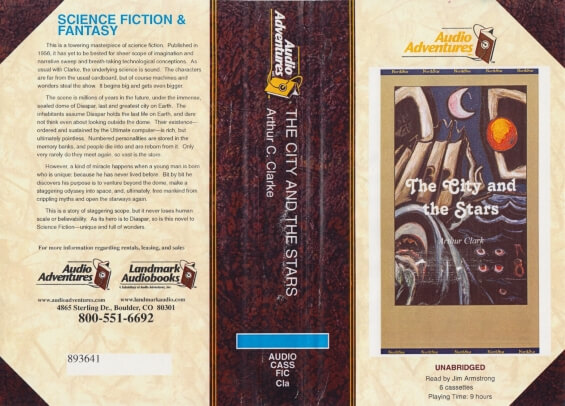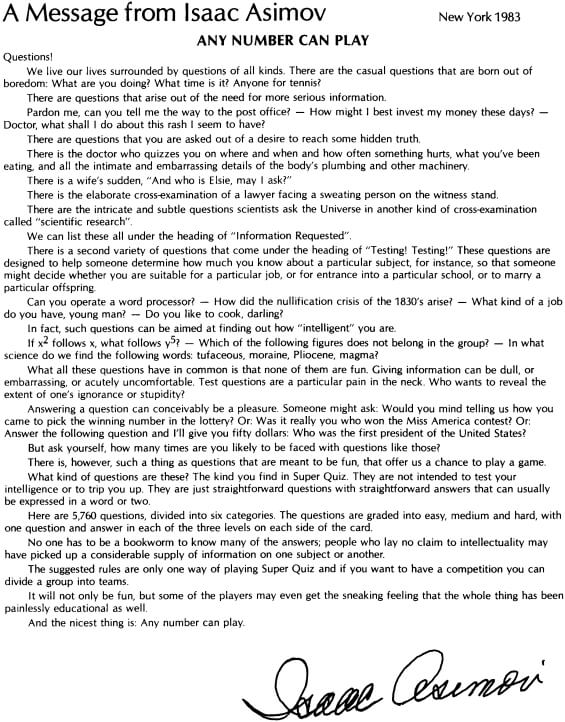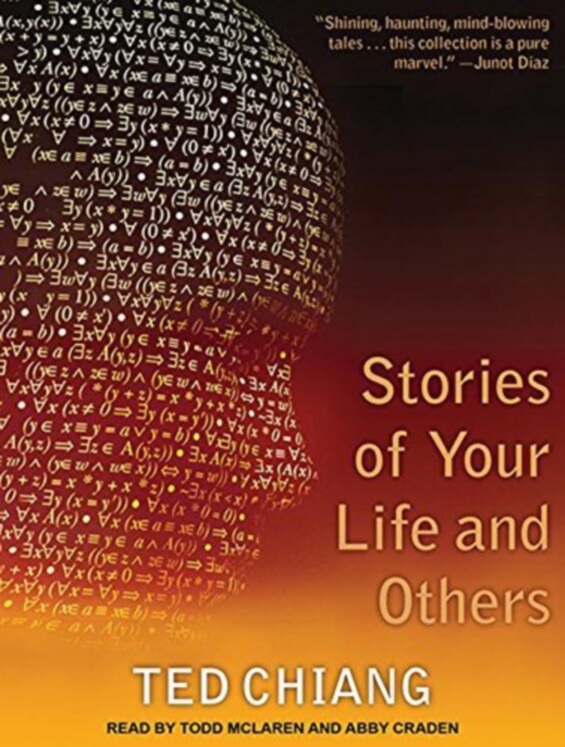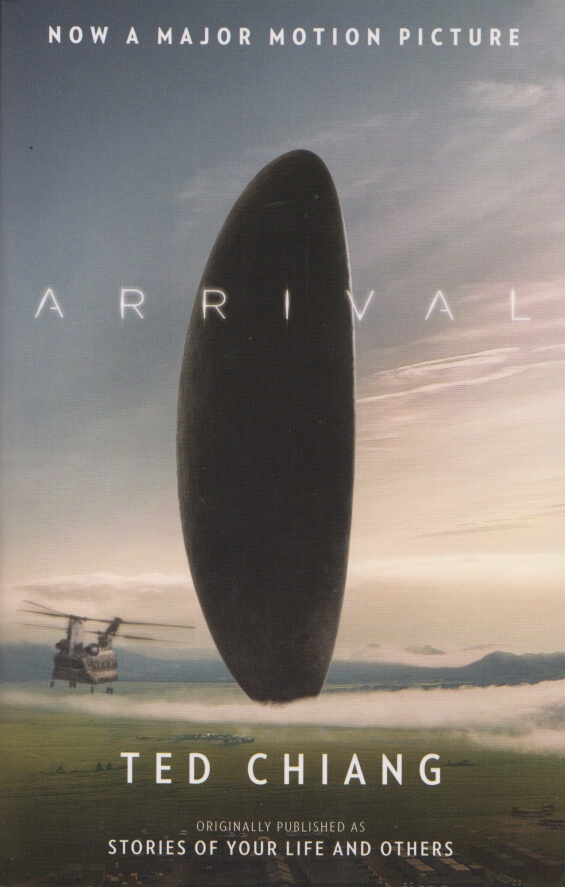
 The SFFaudio Podcast #473 – Jesse, Paul Weimer, Mr Jim Moon, Marissa Vu, Bryan Alexander, and Julie Hoverson discuss The Shadow Out Of Time by H.P. Lovecraft
The SFFaudio Podcast #473 – Jesse, Paul Weimer, Mr Jim Moon, Marissa Vu, Bryan Alexander, and Julie Hoverson discuss The Shadow Out Of Time by H.P. Lovecraft
Talked about on today’s show:
19 Nocturne dot net or dot org, time-traveling, novella, Astounding Stories, June 1936, stricken strucken, the centerpoint for everything that H.P. Lovecraft writes, cats and poetry, cannibalism?, “The Dreamquest Of Unknown Political Economy”, Trantorians, Isaac Asimov, Olaf Stapledon, immense breadth of time, Doctor Who, Albert Finney?, Jack Finney, Invasion Of The Body Snatchers, Altered Carbon, the Uber economy, the HPLHS adaptation, economist, psychologist, the Foundation series, Jevons, connecting economic cycles with sunspots, cosmic horrors, the Jevons paradox, a dark insight into human nature, Malthus, eugenics, fascistic socialism, The Mound by H.P. Lovecraft and Zealia Bishop, traumatized by the wrong things, a utopia story, intellectual pursuits, laying some seeds, we wouldn’t notice anyway, 100% nerds, they’re librarians, puritans, an infinite library, Borgesian in its vastness, the spider people, the beetle people, they left their library behind?, Fahrenheit 451, cloud computing, playing around with time, curiously tenacious cellulose fabric, the things under the trap doors, Mencken’s definition of puritanism, World Of Greyhawk, adamantium stone, the Drow, stemming the tide, held at bay, very allegorical, putting down of the dark desires, strange other stories, The Outsider, seeing his form, the horror of seeing your own body, horror, science fiction, evil?, animals, Dreams Of Yith by Duane W. Rimel and H.P. Lovecraft, the rugose cone minds occupy the previous bodies, entitlement, no malice, where the horror is, a horror that nobody can even imagine, talking teapots and singing cats, from a pre-cartoon era, The White People by Arthur Machen, evil is not wickedness, talking rosebushes, airships and submarines, privileges, intellectual adventures, inward bound, what Nathan Peasley’s doing in the age when ferns ruled the earth, meeting with secret cults, generous freaks, how we would treat animals, curiosity rules, putting our minds in a wolfpack, living like a wolf, committing suicide, exercising your rugose body, Red Dwarf’s Mindswap, an exemplary species or individual?, Beyond The Wall Of Sleep, Julie’s narration, Passengers by Robert Silverberg, juvenile delinquents, Yithian kids, we’re abused herd animals, The Roller-coaster by Alfred Bester, a Westworld-like kill-torture-sex device, dreams and books and architecture, much nicer, being possessed by a library, do they wipe the minds to protect themselves or to stop messing with the timelines?, WWI, a very different sequel, Gothic tale, haunted house, a haunted basement, where you suppress that what you fear and dread, Earth’s entire history is a Gothic story, The Thing On The Doorstep, consciousness transference, The Tomb, The Nameless City, crawling through tunnels, The Beast In The Cave, At The Mountains Of Madness, resonating with the shoggoths, two levels, more exploration, Professor Dyer, when the Doctor goes to Gallifrey, Gallifreyans are Yithians, meddling, Seeds Of Doom, Genesis Of The Daleks, their Mormon mission, a rite of passage, a fascistic library, we don’t know enough about the slug people, Hammers On Bone by Cassandra Khaw, A Song For Quiet, Weird Detective, investigating a crime, Peasley’s rider went looking for cosmic horror info, access, amnesia, the undercooked conspiracy, the long fingered foreigners, special knowledge, Nyarlathotep, the MiGo, the Cult of Hastur, the Cult of The Yellow Sign, The Repairer Of Reputations, suicide booths, family plots, a hint of a story, family drama buried deep, what must have happened, this is fascinating, my dad has become this alien sociopath, the wife’s story, the son’s story, all Lovecraft so deeply, he was ugly, visage, he’s got a wife, a surrogate child, obsessed with libraries, how the avatar of Peasley’s occupier, A Year Off, the restriction of funds, Quebec or Florida, Antarctica, New York, the love of the home and the desire to explore, how important dream is, what his dreams mean, what Lovecraft’s stuff is all about, obsessed with his dreams, Donald Trump’s twitter account,
From the moment of my strange waking my wife had regarded me with extreme horror and loathing, vowing that I was some utter alien usurping the body of her husband. In 1910 she obtained a legal divorce, nor would she ever consent to see me even after my return to normality in 1913. These feelings were shared by my elder son and my small daughter, neither of whom I have ever seen since.
Only my second son, Wingate, seemed able to conquer the terror and repulsion which my change aroused. He indeed felt that I was a stranger, but though only eight years old held fast to a faith that my proper self would return. When it did return he sought me out, and the courts gave me his custody.
the kid sought him out, there’s a whole novel in there, we have to race past it, Wingate is essentially Lovecraft, Lovecraft’s dad, the mother’s maiden name, we get rid of the women, they don’t understand us, or they understand to much, women are scary, I.N.J. Culbard’s comics adaptation, what that face looks like, drool, I had the most strange expression, a striking face, traumatizing, high on morphine, what the fuck’s going on, if you’re the wife…, the HPLHS adaptation, Al-ice, vestments, pretty amazing, the ending, almost comical, the polypous invisible horror race, an extended descent into the cellar, twist ending, a thousand Twilight Zone imitators, the weakest part of the story, The Shadow Over Innsmouth, an Inception level twist, we already knew that,
No eye had seen, no hand had touched that book since the advent of man to this planet. And yet, when I flashed my torch upon it in that frightful abyss, I saw that the queerly pigmented letters on the brittle, aeon-browned cellulose pages were not indeed any nameless hieroglyphs of earth’s youth. They were, instead, the letters of our familiar alphabet, spelling out the words of the English language in my own handwriting.
tentacle-writing, a massive letter to his son, a long boat trip, Starmaker by Olaf Stapledon, abandoning his son, is he going to kill himself?, just fleeing?, everything he imagined actually did happen, the heart of this story, Frankenstein by Mary Shelley, reproduction without women, back to the text, self mutilation, giving up everything you’ve been looking for, bad idea, Australia, the biggest spider, am I mistaken in thinking the star headed vegetable carnivores of Antarctica are pretty nice folks?, people is people, racism, discrepancies, how many gay friends, he hates foreigners, anybody he hasn’t met, fear, fear of the unknown, raised so isolated, he is literally The Outsider, a night walk, to clear his mind, seeing people inside having a gay party in a familiar building, he is the horror, a professor of economy who becomes a professor of psychology, a sign of bad character, Darkest Of The Hillside Thickets‘ The Shadow Out Of Tim, a marine biologist, made vs. suggested, no Sotho, Nug-soth, we’re going to get magicians back, filed under revisions, a pocket-sized version of Fungi From Yuggoth, high weird, panoramic and picaresque, Ramsey Campbell’s early mythos stories, visions, Campbellian weirdness, surrealism, a giant rolling head, a progression of imagery, the lidded bulbs close heavily once more, somebody’s guarding, the third stanza, a stream of putrefaction, hovering mist, those dead gates, the silver gates of Yith, is Yith the city or the planet, the machines, the secret that would bring the dwellers back, a mirror of what we’re seeing on Earth, another planet, the glowing dome, Lovecraftian key, The Book, at last the key is mine, unseal the lid, they have to do this repression, what does human mean?, eyeless huge and bloated head, striking imagery, Soth = Smith, caged by the great race, whistling horrors, the 9th stanza, carrion eaters, high in the even sky, the beings of Yith, waiting to be eaten, bat winged beings, snouted winged folk, who is doing the dreaming?, is it Peasley?, distilling the lovely imagery of delving, 150 million years ago, the blocky ruins of Interstate State Park, very Yithian, all the gardens, tables and pens and standing desks, their technology, weird mechanical contraption, convex mirrors, the keyboard hasn’t been invented, a clicking conversation, a horror, David Lindsay’s A Voyage To Arcturus, the sense, they possessed many senses, they can’t smell, of the body, more primal, smell seeds and swamps, taste is too close, not intellectual enough, hey all look like they’re wearing dresses, low and body-like, pleasure senses, chocolate, honey makes babies happy, a utopia dystopia based on reading and writing, being able to taste things, mashed potatoes, a secret favourite, he wanted to try everything, no wonder his wife left him, the ideal consumer for British food, a strange story, almost plotless, Neal Stephenson, a mystery at a distance, Jesse was struck, how he found out all his information, he reconstructs the journeys, he goes to all the places, visiting all the libraries, reliving his life, Sweden, he’s done things, two fans, more Lovecraft coming, The Dreams In The Witch-house, Inssmouth, Dunwich, the differnt adaptations, the 1972 Skull Comics adaptation, cute Yithians, the ship’s doctor, action, different ways to do things, Julie’s going to mess people up, told from the women’s point of view, Red Hook, The Music Of Erich Zann, racism, six pages and an eternity, a lot of streetwalking, one of the two Yithian senses.
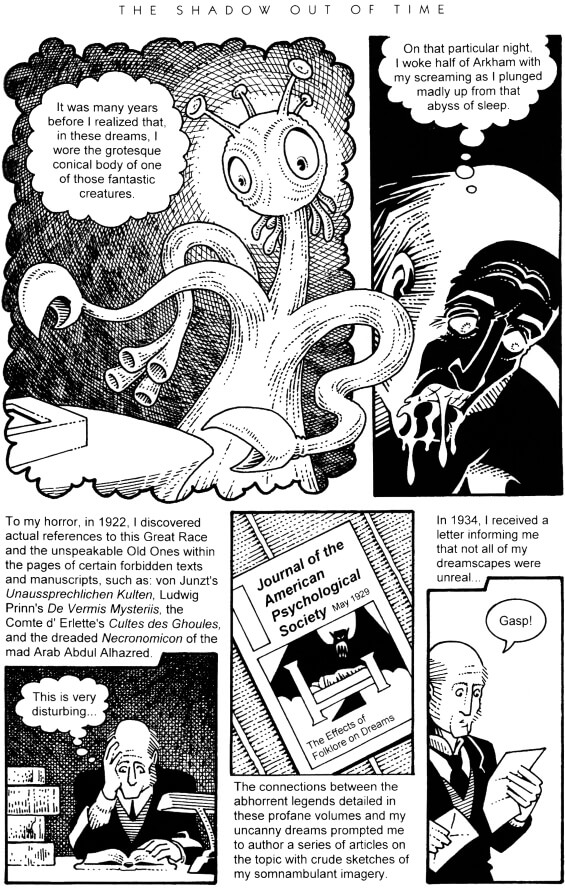
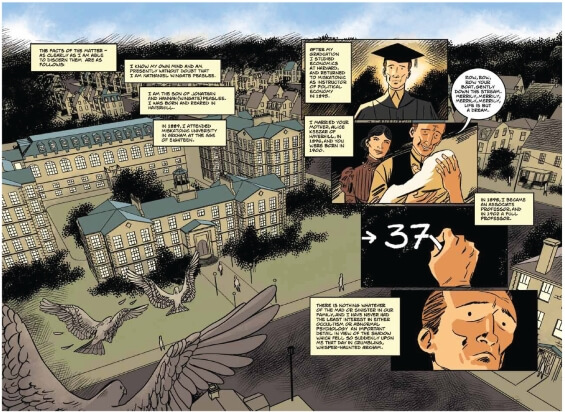
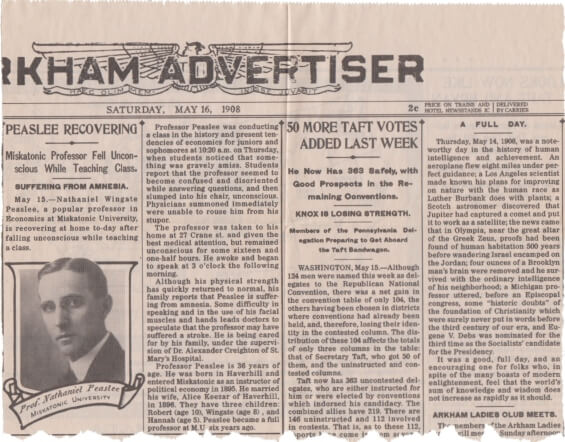
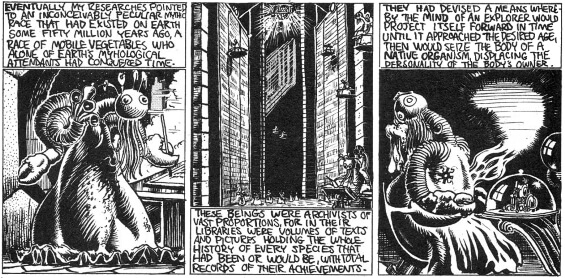
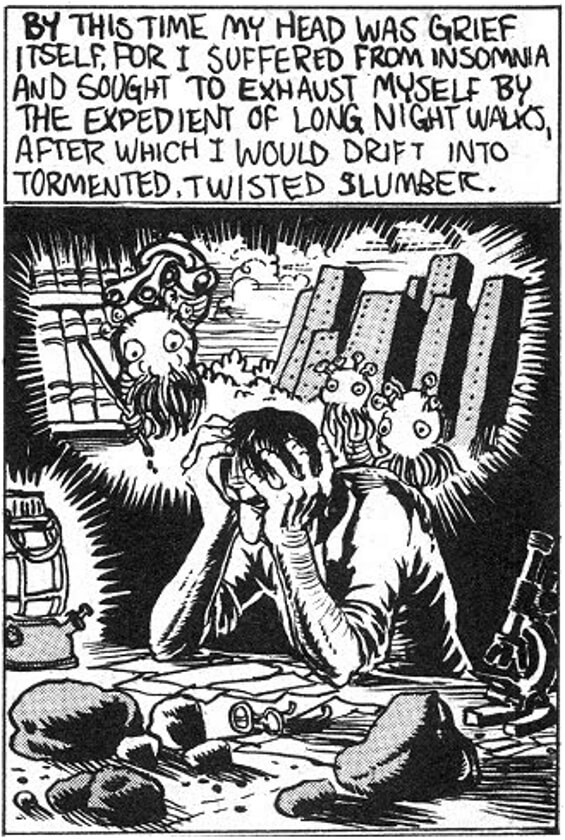
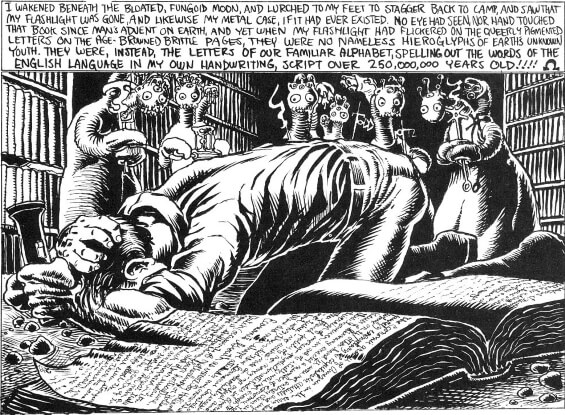
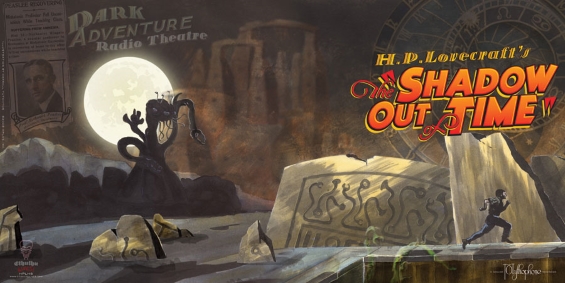
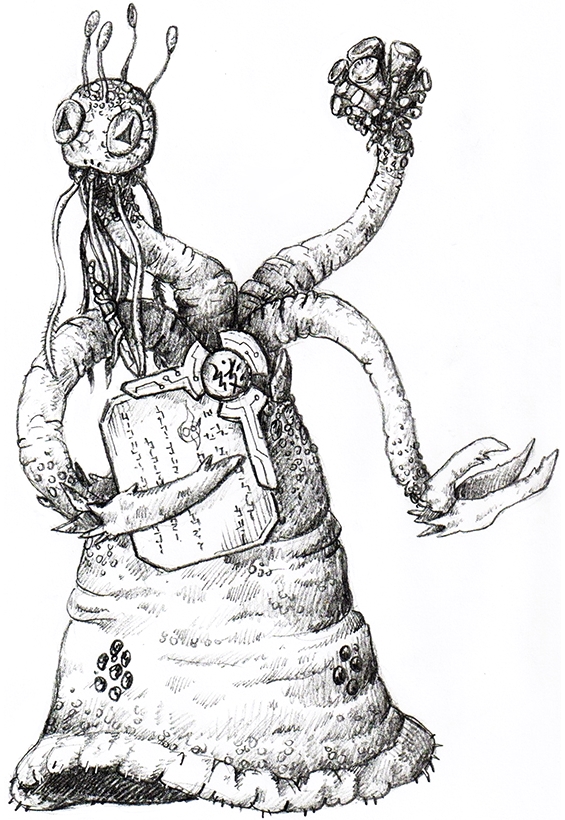
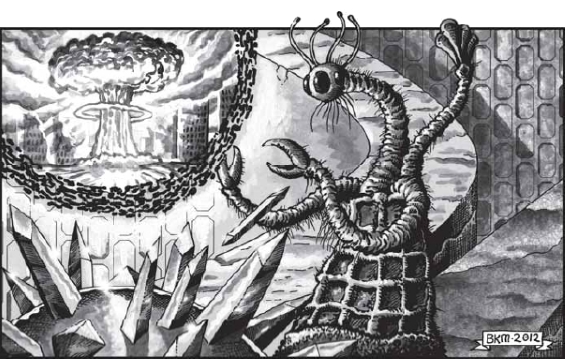
Posted by Jesse Willis
